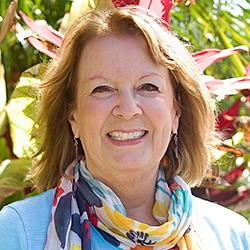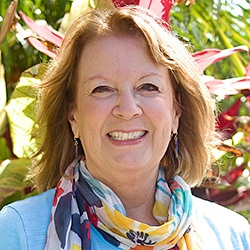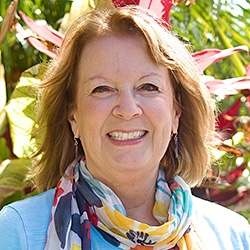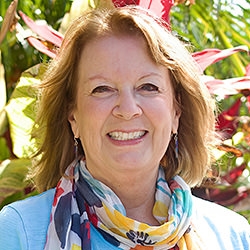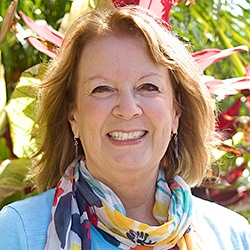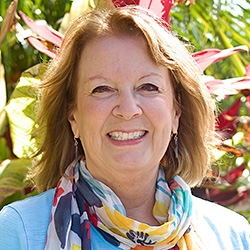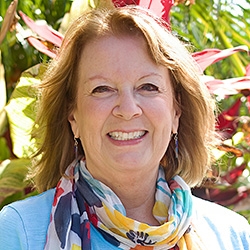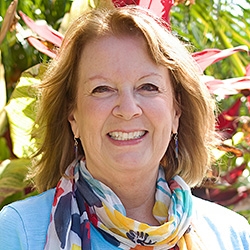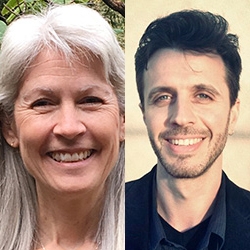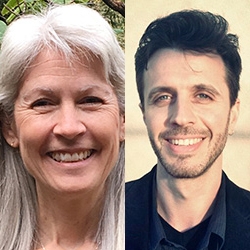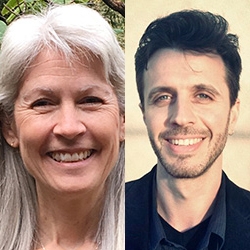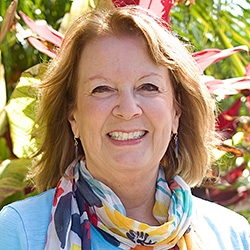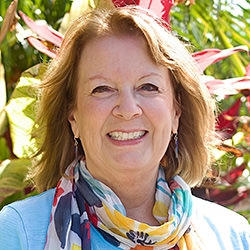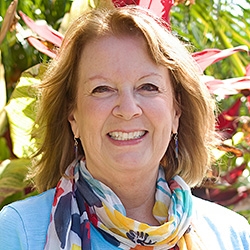
Search Results: meaning
-
Trainer Tip: The ways that we interact with our children shape the way they will interact in their world. How do your actions model compassion, tolerance, and love for your children?
-
Trainer Tip: There's one sure way to find hidden assumptions, stop and check it out!
-
Trainer Tip: Knowing the difference between what we need and what we want someone else to do about that need can have a profound impact on our relationships and our happiness.
-
It is the first day of December and it seems to me as if 2023 went by with a flash. I have felt deep despair about the growing division between people and the devastating impact it has had on human beings, all life in fact, including our planet. And, I have also experienced many moments of joy and satisfaction this year.
-
Trainer Tip: Every single time you say or do something, even when you experience pain or regret, you are trying to meet a need. Forgiveness begins when we acknowledge the needs we were trying to meet in the situation.
-
Trainer Tip: To defuse anger and create space for resolution, hear the other person’s feelings and needs. If this practice is new to you, you're like to experience fear and resistance in trying it out. However, you'll be more likely to experience a powerful shift, and build your capacity, if you try it anyways.
-
Trainer Tip: If someone has enriched your life (or moment) in some way, consider telling them about it. Your appreciation might be just the gift they need to contribute to brightening their day.
-
If we're to have a better future, our biggest task will be to reexamine what the police are, their place in the system, and more. Police violence exists by systemic design. The myths of where the problems and symptoms lie with the police, capitalism, laws, government, citizens, class and racism --plus the relationship between all these-- is what keeps oppression ongoing on a mass scale. For change to happen, we'll need to find systemic leverage points, and use privilege to benefit those without it. Read on for more.
-
Do you ever give up on disagreements, temporarily or permanently? Do you ever disengage from conflict because you’re certain the situation can't be resolved? Sometimes this applies. And consider how you may be giving up too soon, which decreases the possibility for resolution. This speaks to your level of commitment. How committed are you to valuing another’s needs and to finding resolution?
-
In this book excerpt, Kathleen and Jared offer a path to reach deeper clarity, distinguishing between response and reaction.
-
In this book excerpt, Kathleen and Jared offer a path to reach deeper clarity, distinguishing between revealing ourselves and projection.
-
In this book excerpt, Kathleen and Jared offer a path to reach deeper clarity, distinguishing between freedom and submission / rebellion.
-
Trainer Tip: Do you sometimes feel lonely and disconnected from others? If so, look at how you may be participating in supporting that outcome and what you can do differently. For instance, if you want support or connection - but prioritize looking composed no matter how sad, hurt or angry you feel, you may shield yourself from authentically and vulnerably asking those things. Instead, make those requests.
-
We only have this decade to make radical changes to avert crossing over into an unlivable Earth. What's essential is a critical mass of people with capacity to respond to many enormous, daunting social-environmental challenges. This means on a wider scale, responding to conflict, fear, hate, injustice and violence with the ability to see our commonality underlying our differences. And to feel part of a larger whole so we can birth natural caring, togetherness, and cooperation.
-
The American mythos of Independence Day is that liberty, equality, and opportunity are for all. Yet since the country's formation, these needs have been for some at the expense of others. It started with the brutal robbery and genocide of Native Americans and slavery of Africans. And this theme continued for generations in various forms, including how we related to other peoples, countries, and the ecosphere. To achieve true justice, liberty, and opportunity for all we may need to overcome the ego's sense of separation. Compassionate noncooperation may also be key.
-
We can use anger as an important signal to let us know that we perceive a threat to a universal need or value, directing our attention to something so that we can take effective action, and avoid harmful thought patterns. For example, instead of dwelling on a "should," focus on addressing unmet needs through boundaries and effective communication.
-
Trainer Tip: When in a conflict that doesn’t seem to have a solution being aware of your needs, and then being creative and flexible about getting them met, can go a long way to coming up with creative solutions that work for everyone.
-
- Transform and heal developmental trauma
- Reclaim the parts of yourself that have been left behind
- Discover the difference between developmental trauma and PTSD
- Reawaken your heart to love
-
Hi friends, My name is Itzel and I’m happy for this opportunity to share a bit about myself and how I came to teach NVC. I was an activist before I knew what the word meant. When I was a child, I often argued with the adults around me about what I thought was “right.” If I had a nickel for every time a grown-up said to me, “You should be a lawyer,” I probably would’ve collected enough money to pay for the law school education that I eventually got. I left my traditional legal career path after more than a decade to become a...
-
Trainer Tip: Q: How do we get the love we want? A: Ask for it.

